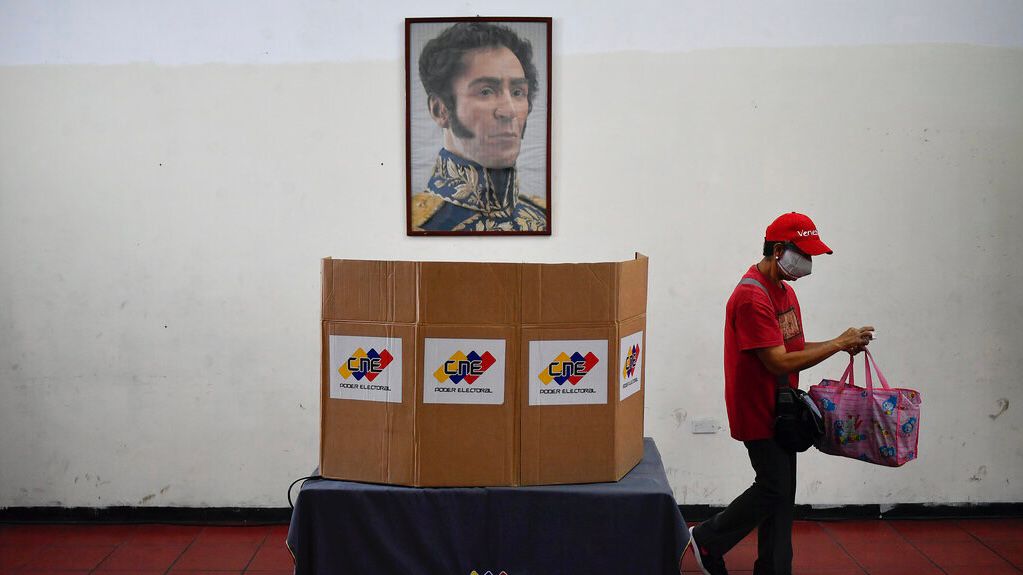Two days before Venezuelans head to the polls to elect their next president, senior U.S. officials said their choices at the ballot box need to be upheld.
On Sunday, the country of 28 million will choose between President Nicolas Maduro, an authoritarian who has led the country for 12 years, and a roster of opposition candidates, the most popular being Edmundo Gonzalez Urrutia.
“This election that takes place on Sunday will represent a historic moment for Venezuela,” a senior administration official said in a briefing Friday. “Venezuela as a nation has endured significant political and economic turmoil over the past two decades.”
President Nicolas Maduro was elected in 2013 following the death of President Hugo Chavez and was re-elected in 2018 in a race that many, including the United States, considered unfair and undemocratic.
In 2023, 262,633 Venezuelans crossed the U.S.-Mexico border into the U.S., fleeing economic and political turmoil. Since 2017, a quarter of the Venezuelan population has emigrated, according to the United Nations Refugee Agency. Venezuela has suffered from declining oil prices that have destabilized an economy that relies on oil exports as one quarter of its gross domestic product, as well as U.S. sanctions imposed in 2019.
Sunday’s election “is not just about choosing a leader,” a senior administration official said. “It’s about moving towards a better future and resolving the humanitarian and economic issues facing Venezuela.”
The United States supported negotiations on an electoral roadmap agreement last year between representatives of Maduro’s government and the opposition coalition to ensure Venezuelans have “a real chance to have a say and a vote in their future,” the official said.
While both parties signed what is now known as the Barbados Agreement last October, the official said Venezuelan authorities have not followed through on some of their commitments. He noted that more than 100 opposition officials have been arrested in Venezuela since the beginning of the year, 30 of whom are still being held.
“What is essential today from the United States perspective is that Venezuelans be allowed to fully access the polls and that their votes are counted in a manner that’s consistent with Venezuelan law, international norms and Maduro’s own commitments under the Barbados Agreement.”
The official said the media and international and domestic election observers need to be granted full access to the election process to help instill confidence in the election’s results. He urged all parties to honor their commitments and respect the democratic process.
Maduro is in control of all branches of government, including the Venezuelan army and the National Electoral Council in charge of counting Sunday’s votes.
“The United States is prepared to work with the winner of this election as long as there’s a transparent and fair election process that’s verified by domestic and international observers,” a senior administration official said.
“In a scenario where Maduro does not win the election, the U.S. stands ready to support a peaceful negotiated post-election period and consider measures that would facilitate a peaceful transition of power.”
Whoever wins Sunday isn’t likely to be inaugurated until January.
The official said the United States anticipates that Sunday’s election “will unfold relatively peacefully.”
Results aren’t expected until late Sunday night or early next week.



